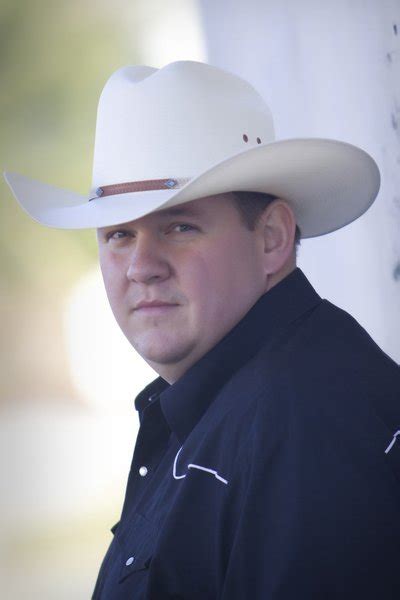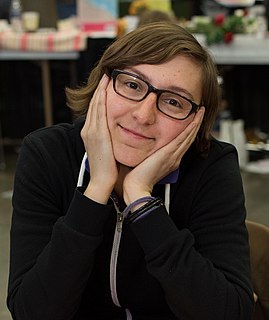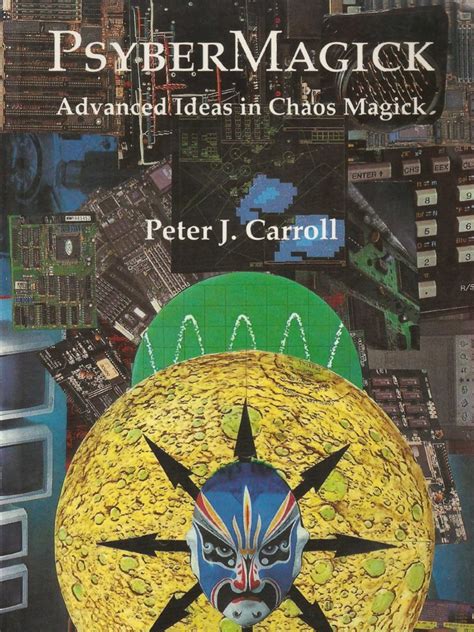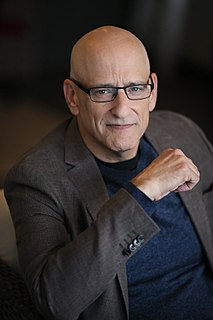Top 91 Unfairness Quotes & Sayings - Page 2
Explore popular Unfairness quotes.
Last updated on November 8, 2024.
The evil genius of terrorism is that that maximizes unfamiliarity, imaginability, suffering, scale of destruction, unfairness. It's really important to understand why terrorism is so frightening because it is a psychological war and until you understand it and try to reduce the dread, until then you become like a force multiplier for the terrorists inadvertently because you'll tend to overreact to terrorist attacks because the dread factor is so high.
Next to the defeated politician, the writer is the most vocal and inventive griper on earth. He sees hardship and unfairness wherever he looks. His agent doesn’t love him (enough). The blank sheet of paper is an enemy. The publisher is a cheapskate. The critic is a philistine. The public doesn’t understand him. His wife doesn’t understand him. The bartender doesn’t understand him.
While it is very sturdy of comfortable men to point out that life is unfair, the people it is unfair to are not apt to be morally or philosophically elevated by the announcement. If you are going to preach that unfairness is inescapable for some, good sense suggests that you also accept the inevitability of beastly behavior by people who have to carry the burden.
By sort of combining the research of a lot of smart people, I came up with an equation for dread [dread=uncontrollability+unfamiliarity+imaginability+suffering+scale of destruction+unfairness]. The dread equation is a simplification, but it's a way to explain why we fear something so much when it is so unlikely. Part of it is the lack of control. That's why we're more scared of plane crashes than car crashes even though we know rationally which is more dangerous.
The strength I'm looking for isn't the type where you win or lose. I'm not after a wall that'll repel power coming from outside. What I want us the kind of strength to be able to absorb that kind of power, to stand up to it.The strength to quietly endure things - unfairness, misfortunes, sadness, mistakes, misunderstandings.
Life as we know it is fundamentally unsatisfying. I think most folks feel this to be true. They know that a life of aimless consumption isn't much of a life. And work offers us very little satisfaction. Plus our work and consumption is destroying the environment. And this is in the rich countries. Add starvation, etc. to the mix, and you have a lot of people in the world pretty unhappy with things as they are. Modern communications make all of this known to people far and wide, and we see the fundamental unfairness of it all.
Beware the irrational, however seductive. Shun the 'transcendent' and all who invite you to subordinate or annihilate yourself. Distrust compassion; prefer dignity for yourself and others. Don't be afraid to be thought arrogant or selfish. Picture all experts as if they were mammals. Never be a spectator of unfairness or stupidity. Seek out argument and disputation for their own sake; the grave will supply plenty of time for silence. Suspect your own motives, and all excuses. Do not live for others any more than you would expect others to live for you.
Most people will agree that they would like if they were treated by other people based on what they have concretely done in their life, not what other people have done, with their lives. Focusing on being a person instead of an Asian or an anything seems to promote a worldview that encourages people to treat others based on what each person has specifically done in their life, which seems like it would reduce such things as war, racism, unfairness, "hate crimes".
High-speed Internet access won't stop future superstorms and it won't solve all the unfairness that low-income New Yorkers face. But with strong alliances between community members, local nonprofits, businesses and technology experts, it will bring affordable, local innovation that helps us build stronger, fairer and more resilient communities.
An activist is someone who cannot help but fight for something. That person is not usually motivated by a need for power or money or fame, but in fact is driven slightly mad by some injustice, some cruelty, some unfairness, so much so that he or she is compelled by some internal moral engine to act to make it better.
I don't know what the comics community could do to make everyone feel welcome; I'm cynical and unsure if everyone can feel welcome, simply because so many people have conflicting ideas of what is welcoming, but I think that calling out creators and comic industry people who have harassed people and/or been abusive is a good first step. If we create a culture where those kinds of actions can no-longer go unchecked, then more people may feel welcome to participate and know that they will be heard if they experience unfairness.
The sooner you learn that life is not fair, the better off you'll be, because you'll spend less time railing against life's unfairness and feeling aggrieved and entitled, and more time figuring out how to maximize your assets, and your talents and how to deal with things that you're not very good at.
The fundamental purpose of Marxism is the total control of a population under the belief that individualism and free markets lead to great disparities and inequalities and injustices and unfairness. Now, this is the outward appeal. Marxism is evil, and Marx knew it, but the appeal that seduces people is its justice and equality and fairness. What they don't tell you is the equality is spread equally to the point everybody's miserably equal and miserably the same.
Here's the trick, just as Marxists use the disparity, economic disparity among people to lure them into believing and supporting socialism to get rid of the disparity, the unfairness, the inequality, if the left can convince voters that fighting global warming is tantamount to saving lives, then they position everybody as heroes. And if you listen carefully, you'll note every leftist cause involves saving lives and involves Republicans and conservatives killing people!
Since nature does not endow all men with equal beauty or equal intelligence, and the faculty of volition leads men to make different choices, the egalitarians propose to abolish the "unfairness" of nature and of volition, and to establish universal equality in fact - in defiance of facts. It is not equality before the law that they seek, but inequality: the establishment of an inverted social pyramid, with a new aristocracy on top - the aristocracy of non-value.
Particularly marijuana, I think is a great hypocrisy. I think frankly it contributes to a good deal of the sense of unfairness you have among younger people who are told they shouldn't do this because it’s got all these negative effects, but then older people are engaging in all kinds of things that probably have a greater impact on people.
I decided to go into politics because my children are growing up, and I became worried about the ways things are being handled in this country. I felt there's a lost generation of people who feel misrepresented, and that they're doing their best for the country but the country is not doing its best for them. We are all looking at our children and wondering whether or not they will see their future in Israel. They looked at the country before the last elections and saw it becoming more and more Orthodox. There was a strong sense of unfairness.
As soon as a woman's primary social value could no longer be defined as the attainment of virtuous domesticity, the beauty myth redefined it as the attainment of virtuous beauty. It did so to substitute both a new consumer imperative and a new justification for economic unfairness in the workplace where the old ones had lost their hold over newly liberated women.
After all, acknowledging unfairness then calls decent people forth to correct those injustices. And since most persons are at their core, decent folks, the need to ignore evidence of injustice is powerful: To do otherwise would force whites to either push for change (which they would perceive as against their interests) or live consciously as hypocrites who speak of freedom and opportunity but perpetuate a system of inequality.
Enforcing equality to compensate for the monstrous unfairness of nature destroys liberty.
But total liberty leads to various forms of "aristocracy" and decay.
Yet total equality leads to oppressive statism and decay.
However, equality of opportunity leads to a vibrantly chaotic and creative meritocracy.
Focusing on being a person instead of an Asian or an [anything] seems to promote a worldview that encourages people to treat others based on what each person has specifically done in their life, which seems like it would reduce such things as war, racism, unfairness, "hate crimes," [other things most people feel aversion toward].
A life without pain: it was the very thing I had dreamed of for years, but now that I had it, I couldn’t find a place for myself within it. A clear gap separated me from it, and this caused me great confusion. I felt as if I were not anchored to this world - this world that I had hated so passionately until then; this world that I had continued to revile for its unfairness and injustice; this world where at least I knew who I was. Now the world ceased to be the world, and I had ceased to be me.
I think that it is a part of growing up, learning to control our suffering. I think that when we grow up, and learn that happiness is rare, and passes quickly, we become disillusioned and hurt. And how much we suffer is a mark of how much we have been hurt by this realisation. Suffering, you see, is a kind of anger. We rage against the unfairness, the injustice of our sad and sorry lot.


























